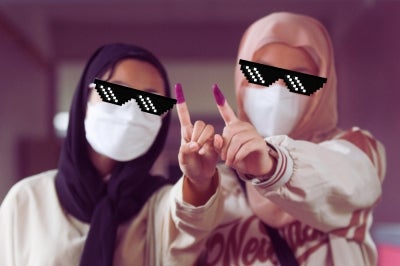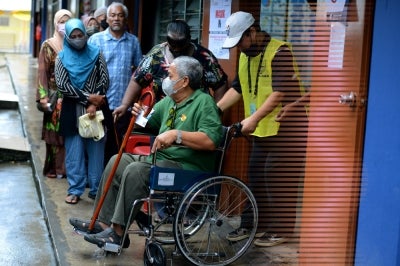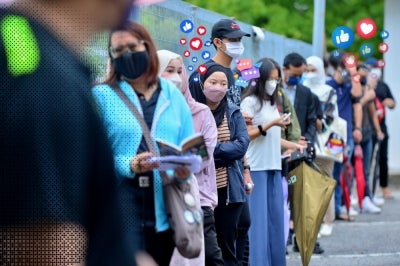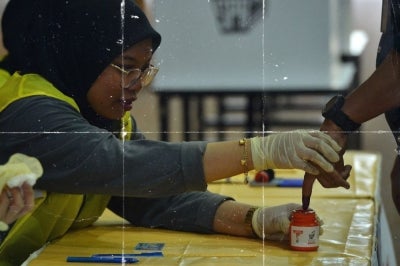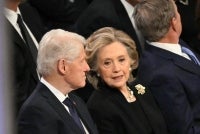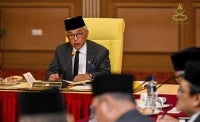Bersatu likely to split if warlord culture persists
With Bersatu set to hold its election in June, speculation is rife that the determination of the top party positions is at high risk of being tainted by warlord culture and factional determination.
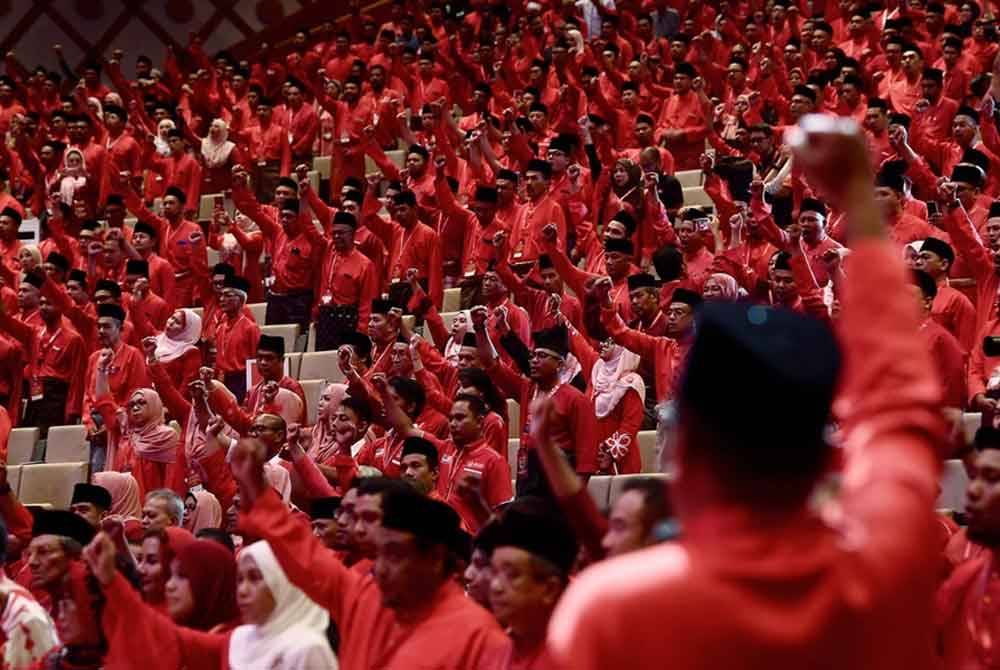
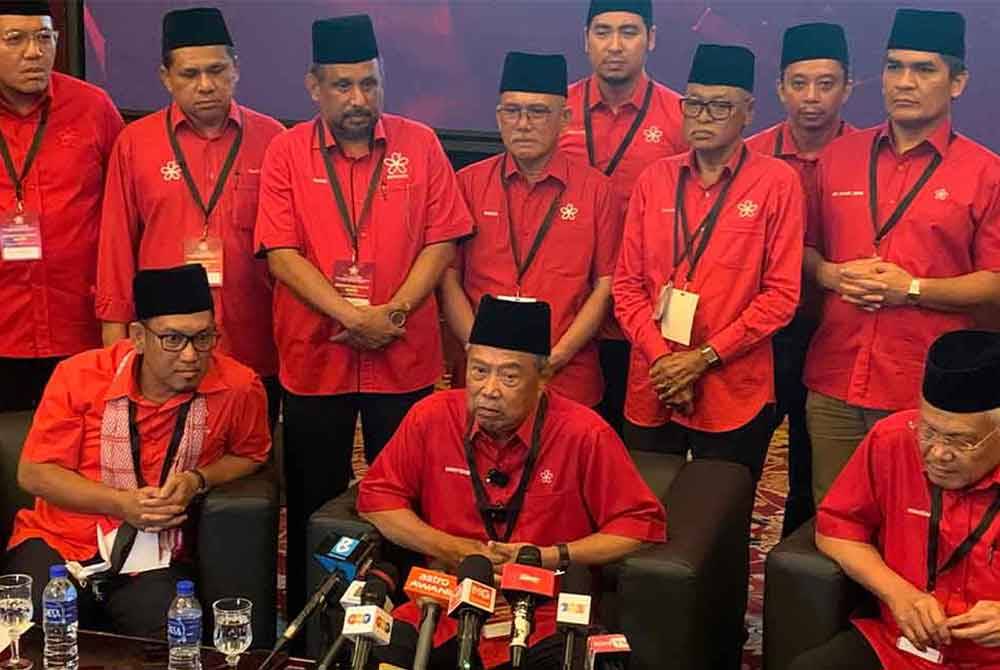
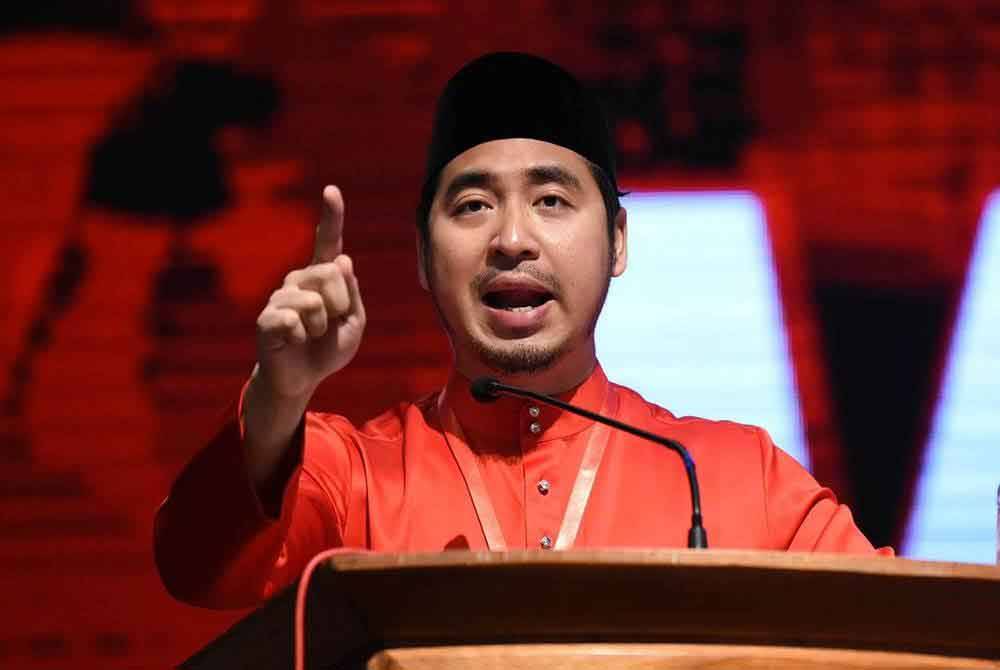
Tracing the political history of the nation, the existence of warlord or factional culture during party elections is not a new phenomenon.
Since the era of the fourth Prime Minister, Tun Dr Mahathir Mohamad, in Umno, the country was shaken by the clash between Team A, which supported the former Langkawi Member of Parliament, and Team B, led by former Finance Minister Tengku Razaleigh Hamzah, during the party election in 1987.
The fierce rivalry led to the dissolution of Umno in 1987, the formation of the new Umno by Dr Mahathir himself, and the registration of the splinter party Semangat 46, led by Tengku Razaleigh or more commonly known as Ku Li.
The culture of warlord domination and leadership determination through factions has also permeated other parties like Pas and Parti Keadilan Rakyat (PKR).
For example, Parti Amanah Negara (Amanah) was established in 2016 because the Pas leaders’ faction supporting Pakatan Harapan (PH), led by Datuk Seri Mohamad Sabu, lost in the party election in 2015.
A similar scenario was faced by PKR, where rampant factionalism occurred during the party election in 2019, causing PKR to split into two factions: one supporting former Deputy President Datuk Seri Mohamed Azmin Ali and the other supporting his opponent at that time, Rafizi Ramli (now the PKR Deputy President).
The implication of this internal conflict within PKR was also considered a contributing factor to Azmin leaving the party along with ten other Members of Parliament to execute the Sheraton Move in 2020.
BERSATU ELECTIONS
Currently, with Parti Pribumi Bersatu Malaysia (Bersatu) set to hold its election in June, speculation is rife that the determination of the top party positions is at high risk of being tainted by warlord culture and factional determination.
With the presidency expected to remain with its incumbent, Tan Sri Muhyiddin Yassin, attention would surely be focused on the competition for the deputy president and the three vice president quotas.
Thus, taking lessons from the history of fragmentation in post-independence Malay parties in Malaysia, several political analysts have concluded that Bersatu needed to be more open in its party election system.
Universiti Teknologi Malaysia Razak technology and informatics faculty lecturer Associate Professor Dr Mazlan Ali believed that Bersatu should abolish the requirement that any of its leaders must have been a member of the Supreme Leadership Council (MPT) for at least two terms if they intended to contest for the top five positions.
He said that the requirement was deemed irrelevant, hinders the democratic process and poses a risk of internal division that could stymie the party's positive achievements in upcoming elections.
"The existence of such a requirement not only prevents many capable and talented young leaders from contesting for party positions but also restricts the healthy democracy within Bersatu.
"If Bersatu does not amend the requirement for contesting the top five positions, then there is a high possibility that factionalism or the existence of certain camps will spread as happened in Umno, PKR, and Pas elections in the past," he told Sinar Premium.
FOLLOWING UMNO’S FOOTSTEPS
Dr Mazlan's view was also supported by former Entrepreneur Development and Cooperatives Minister Datuk Seri Mohd Redzuan Md Yusof.
The Bersatu MPT member said that he was open to the party granting exceptions to allow any leader or member to contest for the top five positions in the upcoming party election.
"There have been previous cases where newcomers to Bersatu were given special treatment and allowed to contest party positions in past elections.
"Do we want Bersatu to continue Umno's practices, still trapped by warlord and factional election culture just because we are afraid to give space to new leaders with greater potential?" he questioned.
However, Redzuan's sentiment was not fully echoed by some other senior Bersatu leaders.
For instance, another Bersatu MPT member Mohd Rafiq Mohd Abdullah still defended the tradition of closed elections for the top five party positions as provided for in the party's constitution.
As for Bersatu Armada chief Wan Ahmad Fayshal Wan Ahmad Kamal, he did not provide a definitive stance on the matter, instead leaving it to the party’s top leadership and MPT to decide whether to grant leniency in the top five elections or not.
FEAR OF THREATENED POSITIONS
Meanwhile, National Professors Council senior fellow Datuk Dr Jeniri Amir believed that Bersatu's reluctance to amend its constitution indicated that certain individuals were worried that their positions as top leaders might be threatened.
"The faction that is most affected by Bersatu's reluctance to hold open party elections certainly involves Azmin and his supporters. They have only held the MPT positions for one term.
"Even if Azmin, currently the Bersatu Selangor chief, is not allowed to contest, I still believe that his faction will not leave Bersatu en masse as they did with PKR," he said.
Download Sinar Daily application.Click Here!

